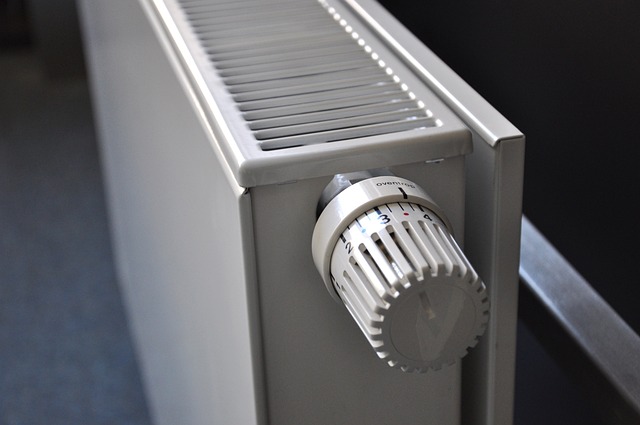Automobile radiators are essential components that manage engine heat to ensure optimal performance and durability, preventing overheating and potential mechanical failure. They consist of a system of coolant passages within a structure with enhancing fins that facilitate the transfer of heat from the engine to the surrounding air through convection and conduction. The radiator's core material, often aluminum or copper, is crucial for efficient thermal exchange. Regular maintenance, including monitoring coolant levels, performing pressure tests for leaks, and ensuring fan functionality, is key to maintaining the radiator's effectiveness in different driving conditions, from city traffic to open road travel. This upkeep directly contributes to consistent engine performance, better fuel efficiency, and fewer breakdowns by supporting effective heat dissipation and temperature regulation. In summary, automobile radiators are indispensable for vehicle thermal management, demanding regular care to ensure they function correctly in various environments, safeguarding engine integrity and overall vehicle reliability.
Automobile Radiators play a pivotal role in safeguarding your vehicle’s engine from overheating, a condition that can lead to significant damage and reduced performance. This article delves into the critical functions of radiators, shedding light on their construction, operation, and maintenance. By understanding the components that make up a radiator—including its core, tanks, and cooling fans—drivers can better appreciate how these parts work in tandem to maintain optimal engine temperature. We will also examine the importance of using antifreeze/coolant mixtures and the necessity of regular checks and cleans to ensure these systems operate at peak efficiency. With advancements in radiator design enhancing both efficiency and durability, vehicle longevity and performance are significantly impacted. This exploration will underscore the significance of proper radiator function in extending engine life and avoiding costly repairs.
The Role and Significance of Automobile Radiators in Maintaining Engine Performance

Automobile radiators play a pivotal role in the thermal management system of vehicles, safeguarding engine performance and longevity. These critical components are responsible for dissipating excess heat generated by the engine during operation. By circulating a coolant mixture through its core, the radiator maintains an optimal temperature range, preventing overheating that could cause severe damage to the engine. The radiator’s design, which typically includes a series of finned tubes or passages, maximizes surface area for heat exchange with the ambient environment. This process ensures that the engine operates within its efficient temperature window, enhancing fuel economy and reducing the risk of breakdowns or mechanical failures. Regular maintenance and checks on automobile radiators are essential to ensure they function correctly under various driving conditions, from city traffic to long highway journeys, thus ensuring consistent engine performance and reliability.

Automobile radiators are critical components in maintaining the optimal operating temperature of an engine. These devices, composed of a series of interconnected channels or passages filled with coolant, play a pivotal role in heat transfer between the engine’s hot coolant and the ambient air. The radiator’s performance is essential for preventing overheating, which can lead to severe mechanical damage and compromise vehicle safety. It achieves this by dissipating excess heat through a combination of convection and conduction. As the engine runs, it generates immense amounts of heat; the coolant circulates this heat from the engine block and cylinder head to the radiator, where aluminum or copper core fins facilitate the exchange of thermal energy with the surrounding atmosphere. This process is facilitated by fans that increase airflow across the radiator’s surface under certain conditions, ensuring the heat is effectively managed regardless of external temperature variations. The integrity and efficiency of an automobile radiator are paramount for prolonging engine life and ensuring consistent performance, making it a vital part of vehicle maintenance and automotive engineering. Regular inspection and maintenance of the radiator system, including checking coolant levels, pressure testing for leaks, and ensuring fan functionality, are integral practices for any car owner to preserve their vehicle’s health.
Automobile radiators play a pivotal role in ensuring engine longevity and optimal performance. By effectively managing engine heat, these components prevent overheating, which can lead to costly repairs and reduced vehicle efficiency. Regular maintenance of radiators is essential for the sustained operation of automobiles, safeguarding both passenger safety and the environment. As such, understanding their function and proper care are key considerations for any car owner or enthusiast. The importance of automobile radiators cannot be overstated in the context of vehicle health and overall reliability.
